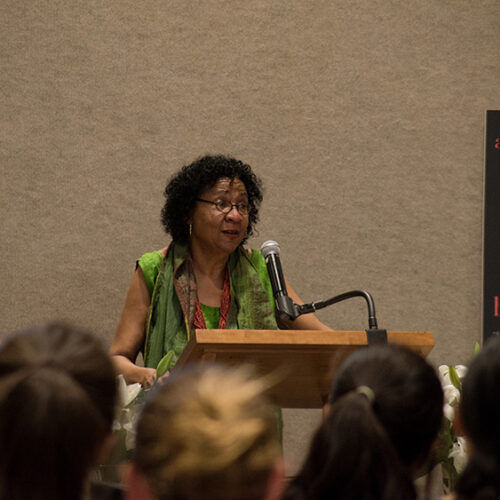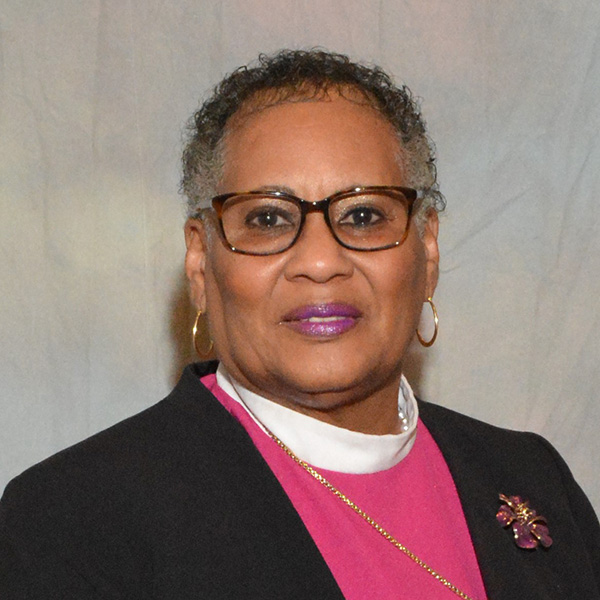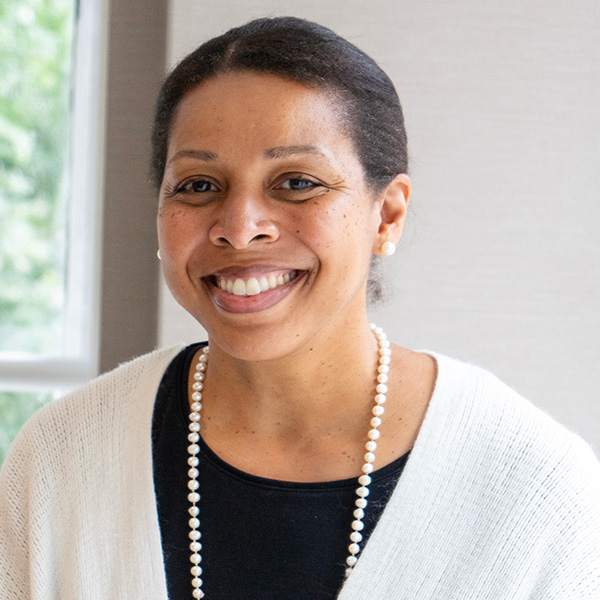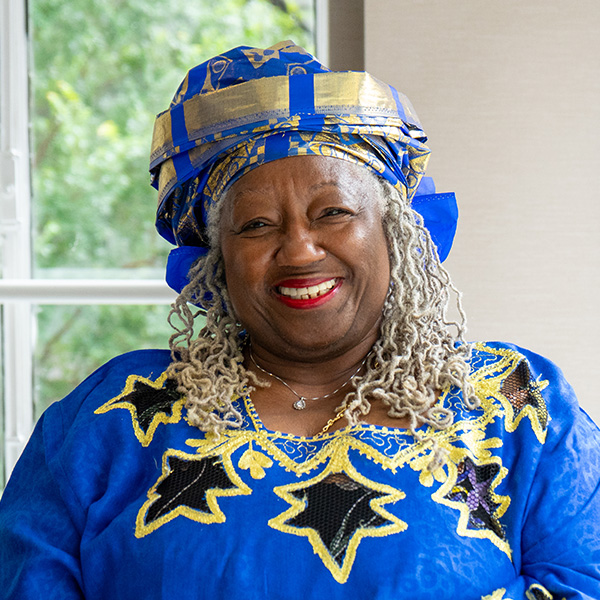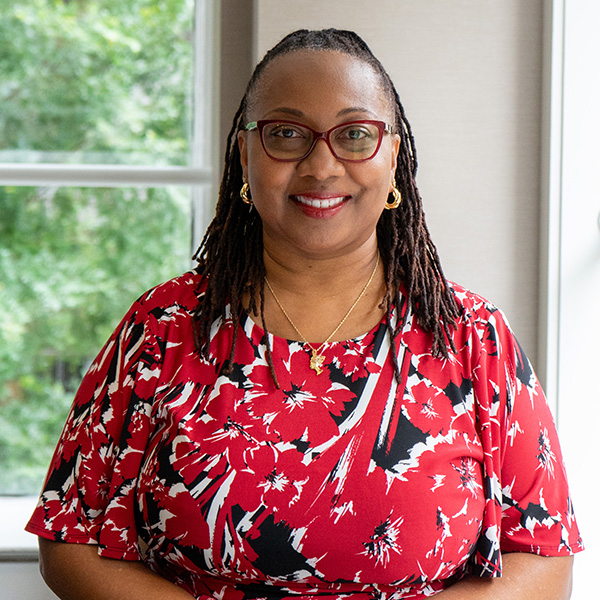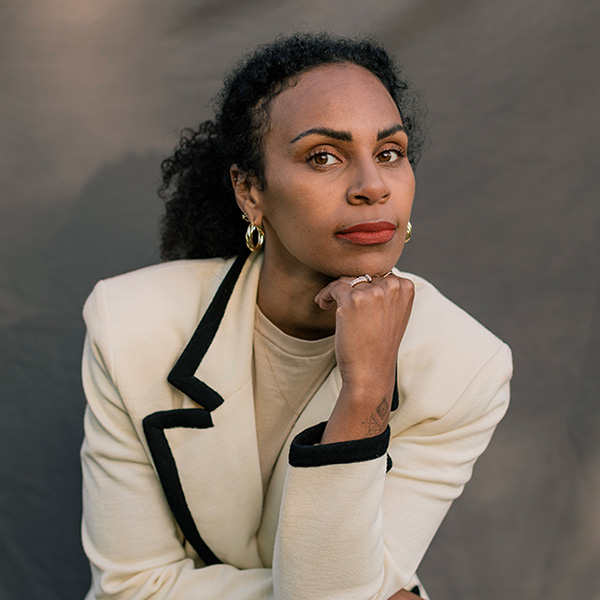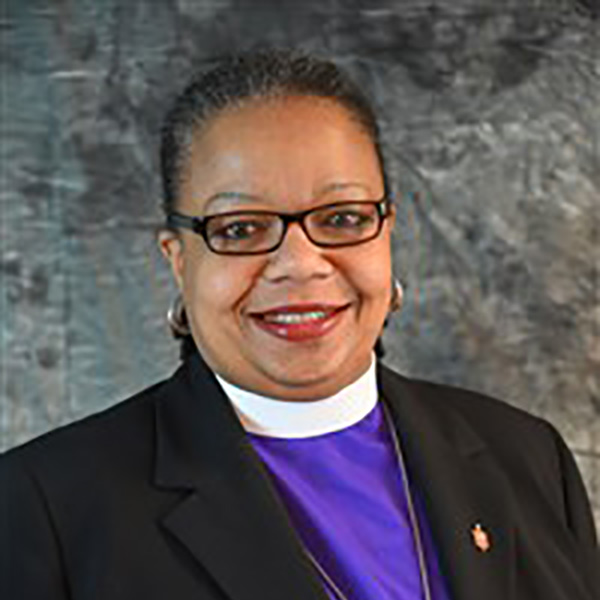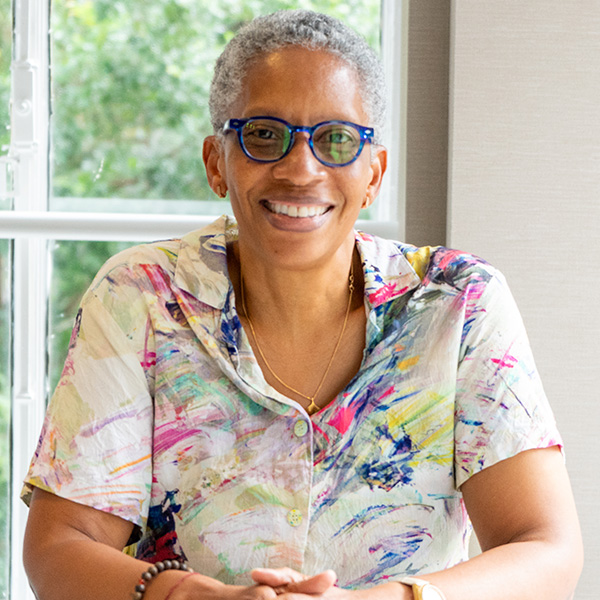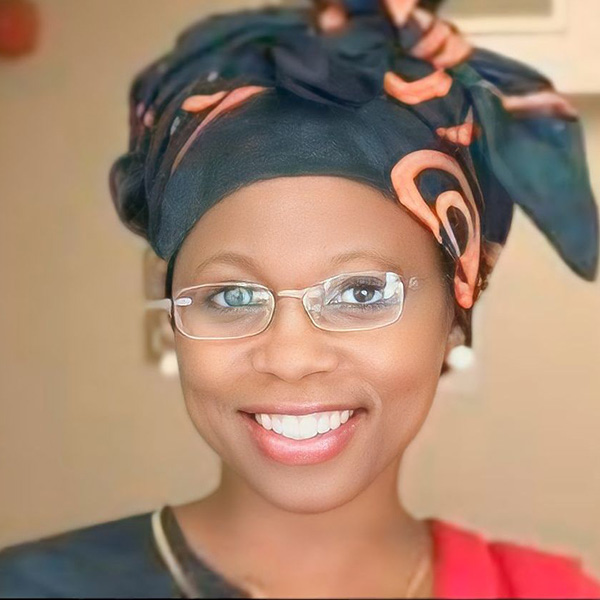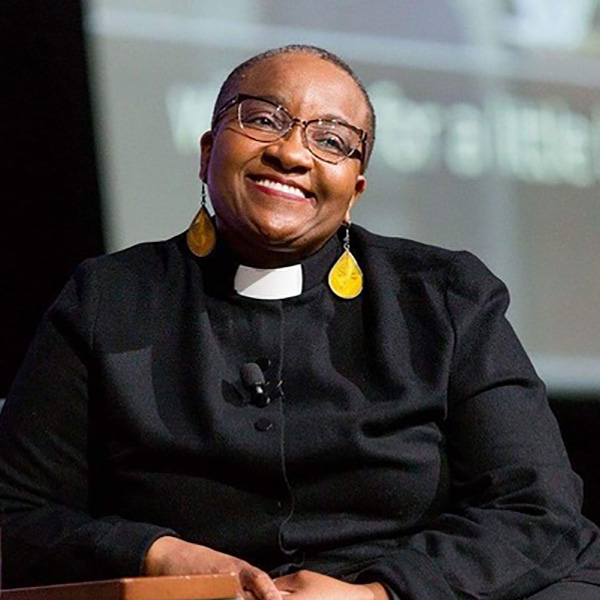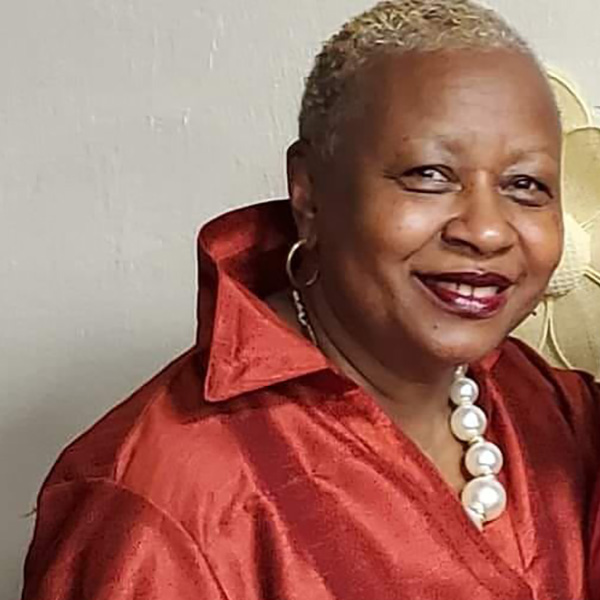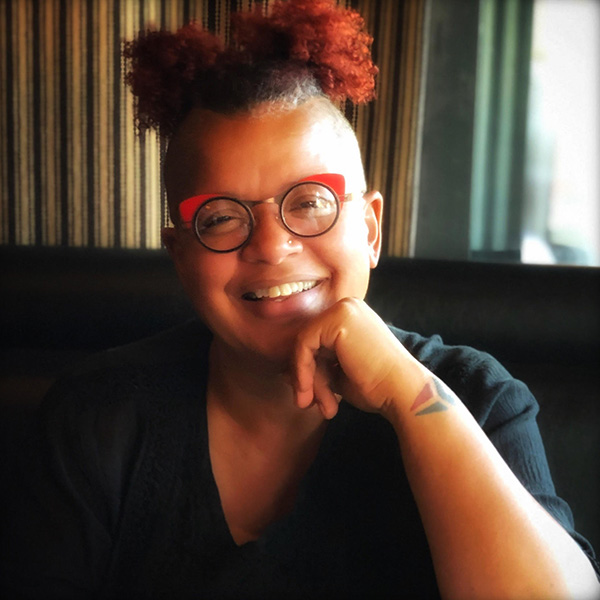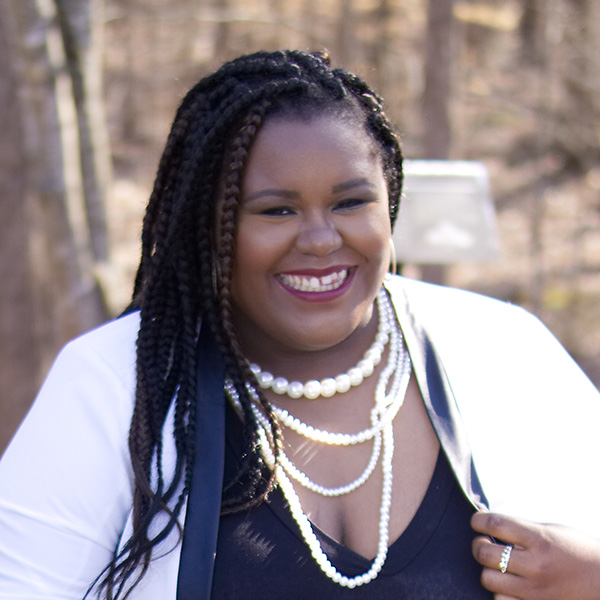Biography
Early Life
bell hooks authored forty-seven books as an astute cultural critic who believed in the power of love to combat the institutions of oppression that she called “imperialist white supremacist capitalist patriarchy.”
Gloria Jean Watkins, also known as bell hooks, was born on September 25th, 1952, in Hopkinsville Kentucky to Rosa Bell and Veodis Watkins.
Growing up in Hopkinsville, Gloria was keenly aware of racial differences. As she recalled it: “ …we [Gloria and her siblings] grew up in a culture of fear, a culture completely overdetermined by white supremacy.”
The word “apartheid” is a familiar word in South African politics. It means “apart-hood.” The separation hooks endured is what led her to later describe Kentucky as a “racial apartheid.”
During her first year at Stanford University, Watkins met Pulitzer Prize-winning poet Gary Snyder. He introduced her to Buddhism, and it was to remain an integral part of her spiritual life.
Social Change Literature
Before finishing her doctorate, Watkins wrote her first book Ain’t I a Woman? The title is from a speech given by the abolitionist Sojourner Truth at the 1851 Women’s Convention.
It was written as a challenge to the American feminist movement which hooks viewed as privileging white women while disregarding the perspectives and experiences of Black women.
Gloria Watkins used the pen name “bell hooks” as a way of honoring her maternal great-grandmother Bell Blair Hooks. Not capitalizing the name was meant to deflect attention away from her and toward her message.
Ain’t I a Woman began hooks’ activism against the societal privileging of white people of both sexes and of Black men. She continued to write about it throughout her career.
hooks’ writing about race and sex garnered a great deal of criticism. Yet she received affirmation from Black women who felt that it resonated with their own experiences.
Ain’t I a Woman became a seminal text on feminism from the perspective of Black women.
Spotlighting the Complexity of Activism
hooks explains that her use of the phrase “white supremacist capitalist patriarchy” was “because I wanted to have some language that would actually remind us continually of the interlocking systems of domination that define our reality…that was a shortcut way of saying all of these things [gender, race] actually are functioning simultaneously at all times in our lives.”
hooks often wrote and spoke on minority representation in movies, music, and the media.
In an interview about cultural criticism and transformation, hooks draws a direct link from the portrayal of Black, Brown, Women, and LGBTQ+ persons to the way they are perceived in real life. She stresses that as consumers we need to be “enlightened witnesses” who are critically vigilant about the world we live in.
Religious Influence
Enlightenment also speaks to the intersection of bell hooks’ activism, and her merging of Buddhist ideology with her Christian upbringing.
hooks was invested in the dismantling of oppression through the erasure of boundaries and binaries. To her, situations and identities were complicated, and she was unwilling to trade Christianity for Buddhism.
Instead, she incorporated both into her spiritual practice. hooks’ introduction to Buddhism and her interaction with meditative practices, took her advocacy from being rooted in a passionate commitment to justice; from a “killing rage” to being grounded in self-love and community love. (This is a reference to her book, Killing Rage: Ending Racism, published in 1996.)
Academic Leadership
From 1985 to 2004, bell hooks was a professor at many colleges.
In 2004, she became the Distinguished Professor in Residence at Berea College in Berea, Kentucky.
She chose Berea because she wanted to return to Kentucky. “I felt very much that I wanted to give back to the world I came from.”
Additionally, Berea‘s eight Great Commitments include the commitment to “…provide interracial education with a particular emphasis on understanding and equality among Blacks and whites…” This was a mission that dovetailed her belief in the need for a collective community.
Berea College is the site for the bell hooks Institute, which opened on September 7th, 2015. She also donated her papers to the college the same year.
In 2018 bell hooks was inducted into the Kentucky Writers Hall of Fame.
Gloria Watkins, aka bell hooks, spent her adult life writing, teaching, and speaking to people from all levels of society about the eradication of white supremacist capitalist patriarchy through loving unselfishly.
She was convinced that Love is the greater power, and nothing can obstruct it.
